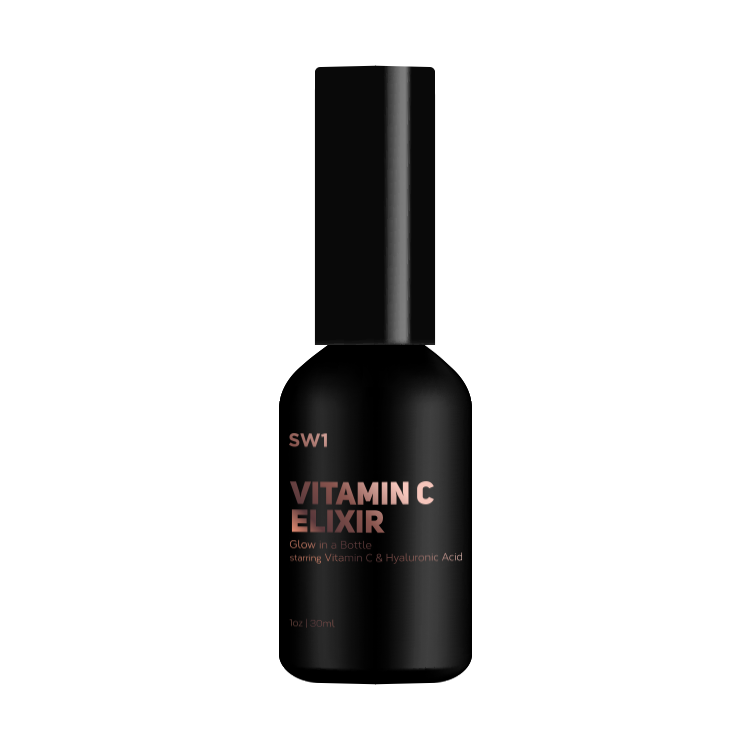One of the most studied vitamins on the planet, vitamin C has long been shown to brighten dull skins and impart a fairer hue to pigmented skin types. In Asia especially, where whiter skin is coveted, vitamin C serums line the shelves offering clients the promise of radiant skin a bottle. But do they live up to their expectations? Here are some lowdowns on Vitamin C you should know before you fork out dollars for your next bottle.
Read More: The Secret to a Youthful Face — Eyebrows
Myth: All vitamin C are made the same
Truth: Ingredients such as vitamin C, or L-ascorbic acid are common forms of vitamin C foud in serums. Unfortunately, it is highly unstable which means they may turn inactive after some time. Several derivatives of it have been developed in the hope of providing the same vitamin C goodness but with greater stability over time. Vitamin C derivatives such as magnesium L-ascorbyl-2-phosphate and ethyl ascorbic acid are examples which give high potency antioxidant effect with added stability in your serums.
Having said that, all vitamin c derivatives can also breakdown with light exposure. Therefore, it is unwise to trust a bottle of vitamin c that is stored in a clear glass bottle. Better options are amber coloured or black coloured glass bottles or even opaque packaging.
Read More: These Hair Mistakes That Age Your Face!
Myth: Oral vitamin C is the same as Topical vitamin C

Truth: Oral vitamin C certainly can have their benefits on your overall well-being. However, concentrations delivered to the skin are not in doses that are optimal enough to see significant improvements in complexion colour. To get the sort of concentrations to effect skin improvements, you will be taking them by the bucketloads! If your aim is to enhance your skin, go for a topical vitamin C preparation instead.
Read More: Doctors Say an ‘Eye-Lift’ Is Now Possible Without Surgery
Myth: The higher the concentration of vitamin C in the serum the better
Truth: There is some truth to the above statement, though not the whole truth. Studies have shown vitamin C concentrations of 8% and above to be most effective for skin lightening and brightening. However, concentrations above 20% do not seem to be associated with any further improvements in the skin. Therefore, if you are looking for a topical vitamin C, consider a preparation that’s is at least 10%.
Read More: Doctor-Approved Fat-Busting Treatments


